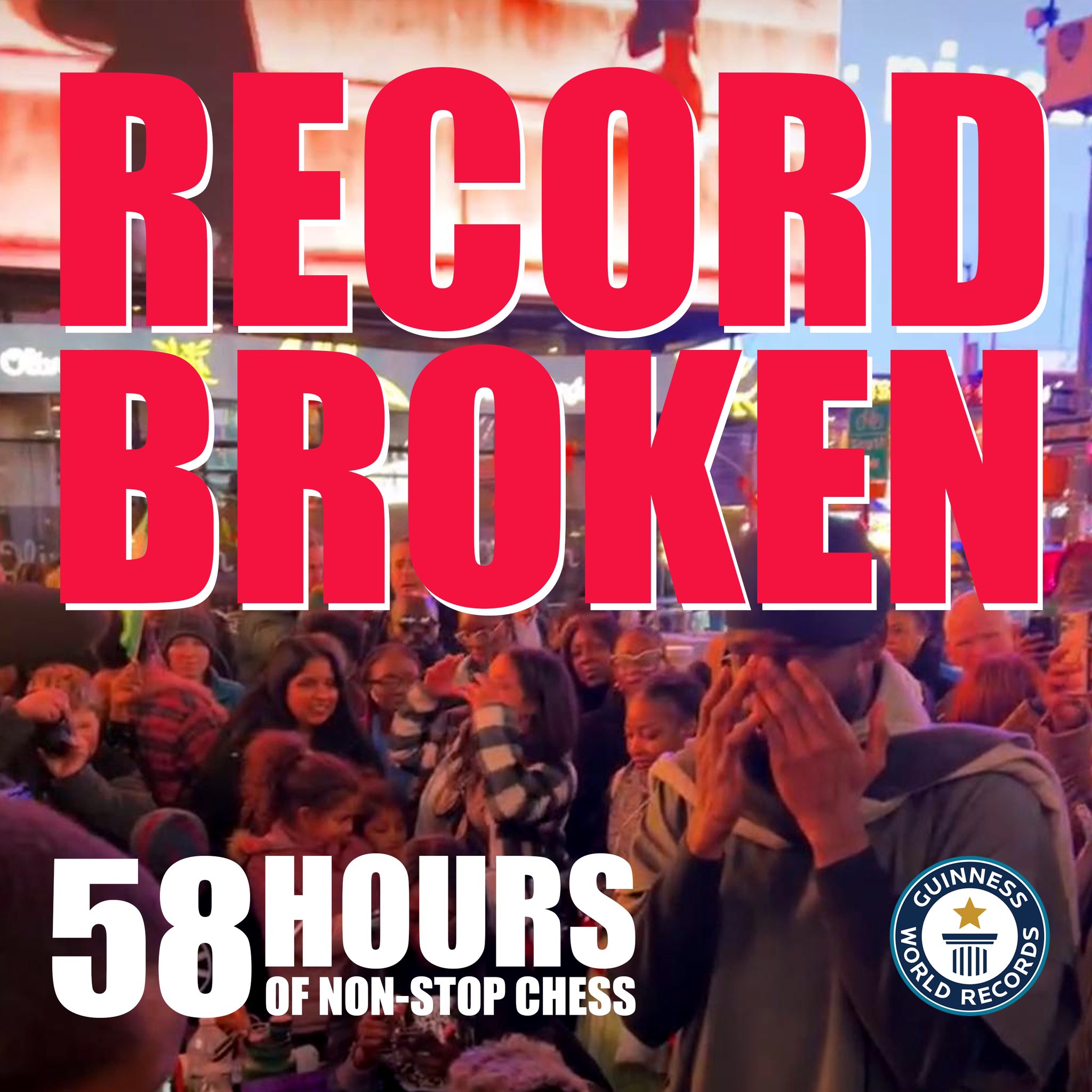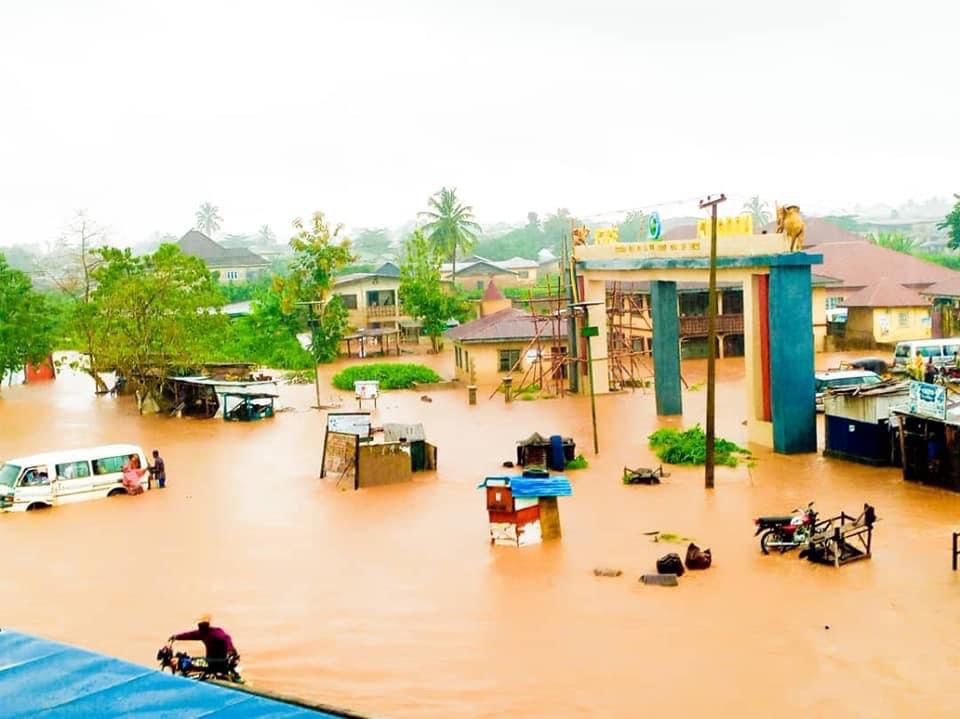Foreigners Rob Nigeria, Other African Countries Of N2trn Annually


News reports have it that Nigeria and other West African nations have been losing a whooping N2 trillion annually to the pillage of African fishing grounds by Asian and European countries. This rip-off will continue unless concrete steps are taken to halt the trend.
According to the Africa Progress Report launched by the former United Nations Secretary General, Koffi Annan in London, billions of US dollars a year are being plundered from West Africa yearly through illegal fishing, which is also prolonging poverty in Africa, the world’s poorest continent.
He estimated that the losses from fishing fleets flouting international conventions were costing West Africa at least $1.3 billion a year.
West Africa suffers proportionally more from illegal fishing than any other region of the world especially from European trawlers that remain the primary foreign presence.
In recent times, however, fleets from China, the Philippines, Russia, South Korea and Taiwan have also expanded.
They are involved in illegal, unregulated and unregistered fishing on the Exclusive Economic Zone (EEZ) of the West African countries.
The West African countries include Benin, Burkina Faso, Cape Verde, Gambia, Ghana, Guinea, Guinea-Bissau, Ivory Coast, Liberia, Mali, Mauritania, Nigeria, Senegal, Sierra Leone, São Tomé and Príncipe and Togo. It was gathered that the West African nations lose as much as $1.3 billion (N399 billion) to the act at a time when rising global demand for fish has made African waters a magnet for fleets from around the world.
Apart from draining the region of revenue, overfishing reduces fish stocks, lowers local catches and harms the marine environment. It destroys communities, who lose opportunities to catch process and trade fish. Also, illegal fishing is putting the livelihoods and nutrition of millions of people on the continent at risk. Ultimately, this carries serious consequences for the rest of the world too, in terms of a sustainable supply of fish and protection against climate change.










